Posted on 3/30/2023
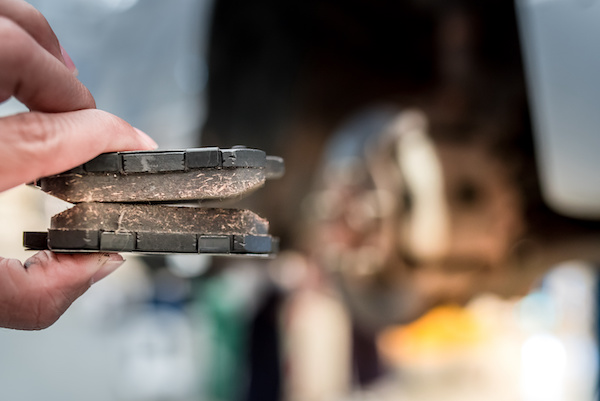
When it comes to replacing your brake pads, it's important to understand the different types of brake pads available. Each type has its own advantages and disadvantages, and choosing the right type of brake pad can help ensure the safety and performance of your vehicle. In this blog post, we'll go over the different types of brake pads and what sets them apart. Ceramic Brake Pads Ceramic brake pads are made of ceramic fibers and non-ferrous materials, and they're known for their quiet operation and low dust output. They also offer good stopping power and are resistant to fading, which makes them a popular choice for performance-oriented vehicles. However, they're typically more expensive than other types of brake pads. Organic Brake Pads Organic brake pads are made of materials like rubber, carbon, and Kevlar, and they're known for their quiet operation and low cost. They offer good stopping power and are gentle on your vehicle's rotors, which can help exten ... read more
Posted on 2/26/2023
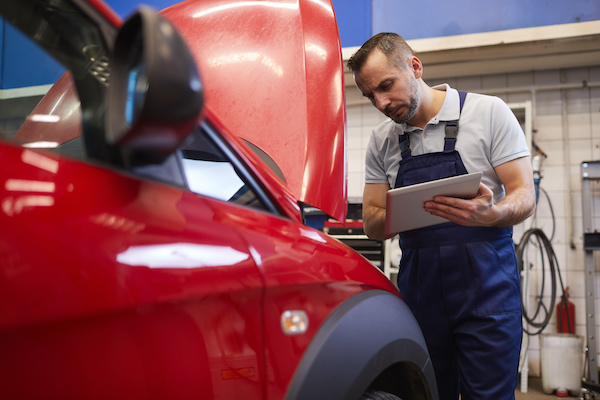
Every vehicle owner in North Carolina is required to have their vehicle undergo a state inspection once a year. This inspection is an important step in ensuring that your vehicle is in good condition and safe to drive on the road. Here is what you need to know before your North Carolina vehicle state inspection: Types of Inspections: There are two types of inspections in North Carolina, a safety inspection and an emissions inspection. The safety inspection checks the condition of your vehicle's safety components such as lights, brakes, and steering, while the emissions inspection checks the levels of harmful pollutants your vehicle is emitting. Preparing Your Vehicle: Before the inspection, make sure that your vehicle is clean and free of any debris or dirt. Also, check your vehicle's tires to ensure they have adequate tread, and make sure that all lights are functioning properly. Required Repairs: If any repairs are required to pass the inspection, your vehicle will need to ... read more
Posted on 1/30/2023
.jpeg)
Drivers must be aware of everything that is going on in the vehicle and on the road. To aid you in your everyday journeys, car manufacturers have implemented a variety of instruments and lights on your dashboard. Speed, fuel level, vital systems, and many others can be monitored at any time. Your dashboard is home to all kinds of lights, here are some of them that you shouldn't ignore. 1. Check Engine Light Your vehicle's check engine light can turn on at any point and it can mean a wide variety of things. The thing is that it doesn't only mean a problem with your engine, it can also be insufficient air supply, bad ignition, and faulty sensors which monitor important systems. If you don't want to second guess your best option is to have it checked and repaired by a specialist 2. Low Oil Pressure The engine needs a sufficient supply of oil everywhere it needs it. This happens by the rise of the oil's temperature which pressurizes it and brings it to t ... read more
Posted on 12/30/2022
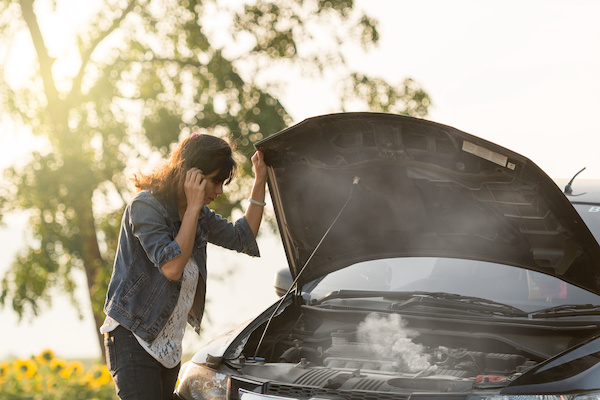
When your engine overheats, you probably only have a few minutes to prevent extreme damage to your engine. There are various reasons your engine might be overheating, but it is important to be prepared to avoid repairs running into the thousands. Here are a few things you can do when your engine overheats that can make the difference between a minor inconvenience and an expensive visit to the auto shop. 1. Turn Off the Air Conditioner Turning off the air conditioner will take a load off the engine, reducing stress caused by the cooling system. If possible, crank up the heat in the car to divert heat away from the engine. This tip will work best if the air outside is cold. 2. Pull Over and Turn Off the Engine Find a safe spot to pull over and shut off the engine. Allow the engine to cool off for at least 15 minutes, during which you should keep an eye on the gauge if your car has one. 3. Add Radiator Fluid If you have radiator fluid, top off the contents to protect your engine fr ... read more
Posted on 11/30/2022

Real Christmas tree has many benefits as they are disposable, smells great, and are usually sold locally. They also offer many families a fun way to bond. The only tough part about a real tree is having to bring it home. Typically, transport is easier if you have a bigger vehicle, such as SUV or truck. If you are planning to pick up your tree soon, we hope these tips find you well and make bringing the tree home a little easier: Come with the Right Tools – You're going to need strong rope to tie the tree down if you don't have a truck. Additionally, you'll need an old blanket or tarp to lay down. And lastly, you're going to need gloves for protection against the pointy parts of the tree. Wrap the Tree – Once you have chosen the tree you want at the farm, you will need to have the tree netted. This process is usually done by the tree farm. However, you should lay down a blanket or tarp to wrap the tree a second time. This ensures your c ... read more
Posted on 10/31/2022

Car noises can be both annoying and scary. Sometimes, the noise might emanate from specific parts, say the wheels or the engine. Other times, you can barely make us the source of the sounds. Whichever the case, most vehicle noises are indications that something is wrong. This could be a minor problem or a major problem impacting your vehicle's functionality. Either way, you should never ignore these noises. Your next action can make all the difference between simple maintenance and repairs and costly repairs and replacements. Here are some vehicle noises that indicate a problem: Screeching Noises Emanating from the Hood A squealing noise from under the hood might indicate a damaged serpentine belt. Generally, the best plays a crucial role in driving various external components, including the power steering pump, alternator, and water pump. In such a case, you should visit your technician for immediate replacement. A Rattling Sound When Driving at Low Speed Sometimes, you might ... read more
Posted on 9/30/2022
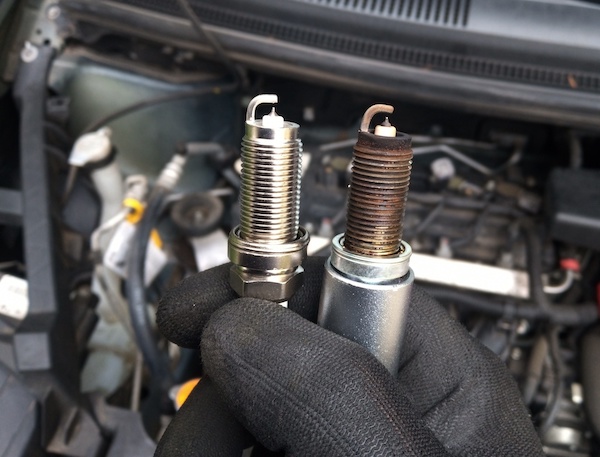
Engine misfire or engine knocking is a condition where the engine fails to ignite all the fuel in one or more cylinders, leading to a loss of power and efficiency. It can occur for many reasons and affect internal combustion engines, including gasoline and diesel engines. What Is Engine Misfire? An engine misfire is a problem that occurs when the engine does not fire at the right time. Things that can cause misfiring include: A faulty spark plug. A loose or broken wire leads to the spark plugs. A missing fuel injector (a component that mixes fuel and air before it enters an engine). An internal fault with your car's ECU (electronic control unit) or wiring system. If you're experiencing engine misfire, you'll notice your car losing power and becoming harder to start. Causes of Engine Misfire There are many causes for engine misfires. You can categorize them into three: mechanical, electrical, and fuel-related. Mechanical causes include problems with the engine itsel ... read more
Posted on 8/29/2022
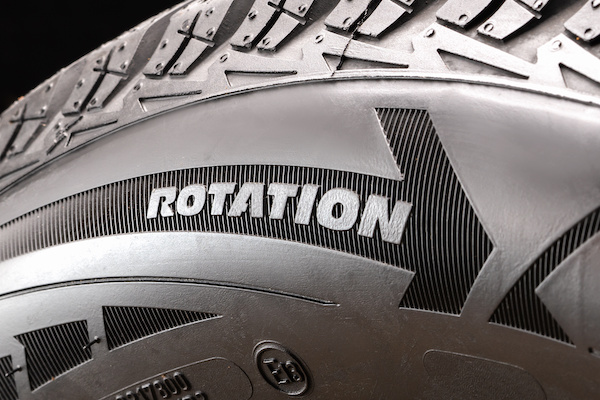
Tire rotations are a crucial step in maintaining the tires on your vehicle. Rotating your tires is not only important for your safety, but extends the longevity of your tires. Plus it could be required to keep your car’s warranty, so it's time to get rotating! A tire rotation service simply means switching the location or position of each tire. Typically, it is done every 5,000 miles or at every oil change. They are relatively inexpensive, but you still might wonder, “what is the purpose of tire rotations”. Tire rotations are necessary to promote even tire wear across all the tires on your vehicle, extending the life of the tires. In other words, it will maximize their tread life. On most vehicles, the front tires tend to wear quicker in the front than in the rear. Therefore, changing the tires’ positioning ensures they are always even. Even tires can make turning, braking and accelerating in your vehicle easier and safer. By ... read more
Posted on 7/26/2022
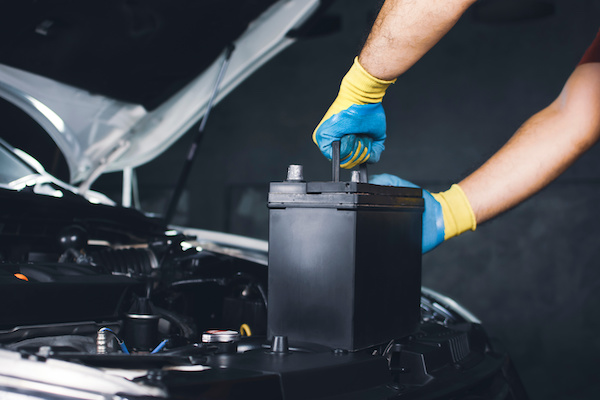
The battery is the lifeline of your vehicle. It is responsible for powering all the electrical components in your car and starting your engine. It can be very exasperating when you are in a hurry, start your vehicle, and it doesn't start. After you check under the hood, everything is in order apart from the battery. Best Time To Replace Your Car Battery It is best to replace your car battery before you need to. You should replace your car battery at least after every four years. However, some factors determine the lifespan of your car battery. Some of these factors are; Climate- if you are in hotter climates, you may need to replace your car battery sooner than in four years. The heat increases the degradation rate of your car battery. In cooler climates, batteries can last up to five years or more. Heat - The heat in the hood will also increase the rate of battery degradation; however, some auto manufacturers avoid this by installing a shield around the battery or putting the ... read more
Posted on 6/29/2022
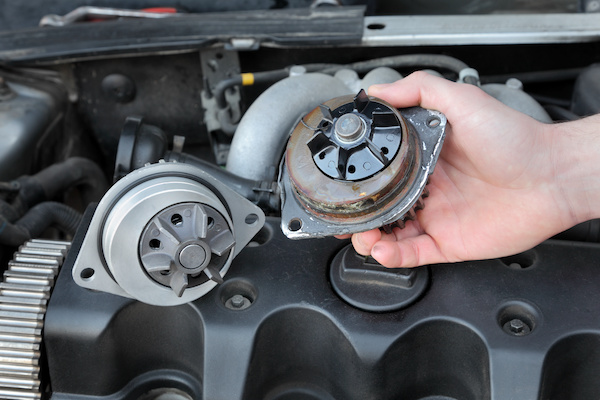
When you find coolant/antifreeze under your car, it can be quite concerning. Since your cooling system comprises various parts, it can be hard to pinpoint on your own. Leaking coolant can be a symptom of a failing water pump. Water pumps play a vital role in circulating coolant fluid from the radiator to the engine. Nowadays, they have a pulley system that relies on a series of belts, hoses, and bearings to move the fluid. However, some water pumps can get their energy from the electrical system. Over time, the water pump can malfunction. Read on to learn more about the signs of a failing water pump: Smoking and overheating - If you see smoke emanating from your vehicle, it is likely that it is a fault in the cooling system. You can tell when your car is overheating by referencing the temperature gauge located on your dash. Weird sounds - The engine can make unusual sounds when something is wrong. It can make knocking sounds when you have bad bearings around the engine. Keep ... read more